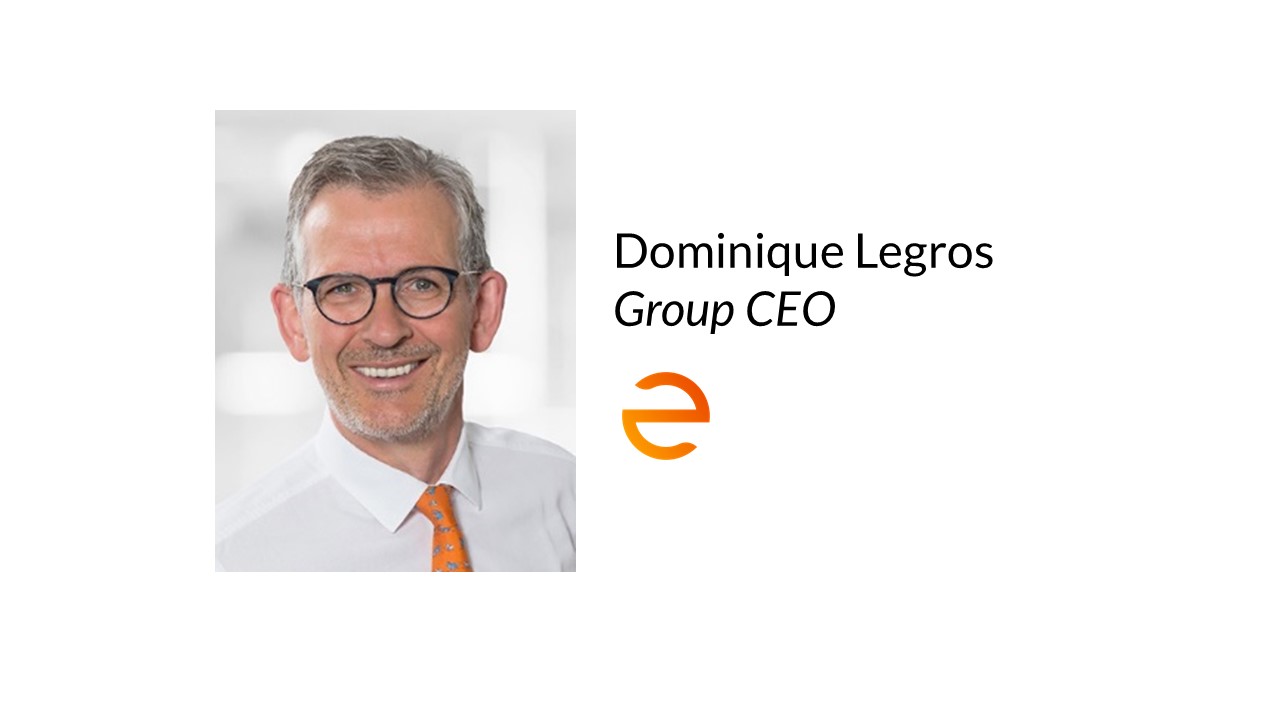Ben Ouyang, Medgadget: Tell me about Echosens.
Dominique Legros: Echosens is the only non-invasive solution for a liver diagnostic. It’s quite a unique technology, which was invented 19 years ago in France by Laurent Sandrine, who is still the CTO of the company. We’re lucky to have him on board 19 years later.
Echosens is an ultrasound based technology which allows you to measure the elasticity of the liver tissues to assess the health of the liver. It is based first on the breakthrough technology called FibroScan, which is known by liver specialist doctors around the world. Echosens’ technology is supported by over 2000 publications and clinical studies.
Medgadget: Which liver diseases does Echosens specialize in and where is Echosens going next?
Legros: When it comes to liver disease, Echosens has been used to assess two important diseases: hepatitis B and C. Echosens has also contributed to the development of the drugs to take care of these two diseases. In order to get to the get to the next level, we need to keep collaborating with pharmaceutical and biotech companies to treat non-alcoholic fatty liver disease (NAFLD) and non-alcoholic steatohepatitis (NASH), which are difficult to treat today. We are collaborating with roughly 90% of these pharmaceutical and biotech companies to support the development of their treatments.
Medgadget:Why should physicians adopt Echosens?
Legros: Liver disease is directly associated with a number of pathologies such as obesity, diabetes, and cardiovascular disease. Unfortunately, liver disease prevalence is very high – we have potentially dozens of millions of patients who will need to get an exam of some sort in order to assess their liver health. So FibroScan is the way to go and I believe that as we move forward, physicians will have an obligation to provide a response to these patients and to be able to assess the health of the liver. With the emergence of NAFLD and NASH, physicians will have more obligation to be able to screen patients and assess if they need treatment or not. Since we’re talking about a metabolic disease, patients need to be monitored to check the efficacy of the treatment.
Medgadget: Why did you choose Echosens?
Legros: The reason I decided to join Echosens is because I wanted to lead a global business. I think Echosens has a significant opportunity for growth with the emergence of NAFLD and NASH. The impact on the healthcare system can be huge. Embarking on the mission to grow the business and being able to have an impact on these diseases is strong motivation for me.
Medgadget: What is the key challenge you’ve identified for Echosens?
Legros: We need to make sure we have the right strategy. Although the technology is mature, we do need to continue to enhance our technology. And because we are growing fast, we need to make sure that we have a good global commercial presence. We need to become more market oriented, more customer driven. We need to sell our equipment or to train and support our customers. This is very key for this type of equipment. You can sell machines, but if you’re not there to train the users, and if you’re not able to support your equipment, it can be a problem. Finally, global supply chain is also important. From a big size European company to a large global player implies a number of upgrades to the process, especially when it comes to supply chain. Growing globally involves strong philosophies and having the right people on board.
Medgadget: What’s your advice for a company who’s looking to build a global supply chain right now?
Legros: It’d be difficult to provide generic advice because it very much depends upon the type of products. For medical equipment, establishing a solid network of distributors as a as a step one before being able to have a direct presence is something that I would strongly recommend. As well, have a focus on key markets to start with. I would certainly not go to too many markets to grow. This is hard to resist if you have a really innovative technology: how are you going to be able to supply to these countries and then support them. Supplying the technology is one step of the process. But training and servicing are going to be very, very important as well. So, if you want to achieve high customer satisfaction you need to be able to achieve all of that. And you won’t be able to do that around the world at once, so you need to prioritize and stage your growth.
Medgadget: Why are you the best person to lead Echosens now?
Legros: My background in medtech. I’ve been working in large global corporations such as Johnson and Johnson and also significantly smaller companies with a few hundred people. So I think that provides me with a good perspective of working globally while acting locally. I’ve been also operating in different functions. Over the years, I worked directly in R&D, marketing, sales, and operations in multiple countries. My background is helping me to be able to adjust to the cultural diversity of this corporate environment and understand the challenges Echosens is facing. Combined with a good business acumen, I believe I’m well-positioned to lead Echosens towards success.
